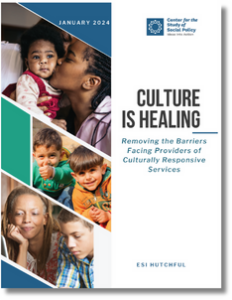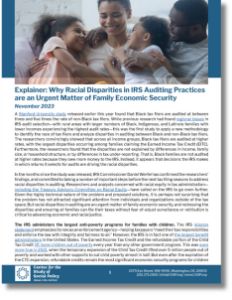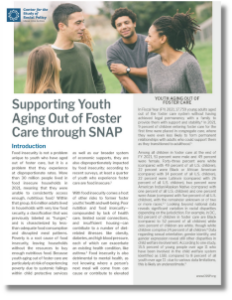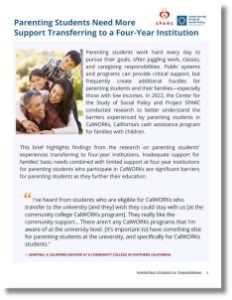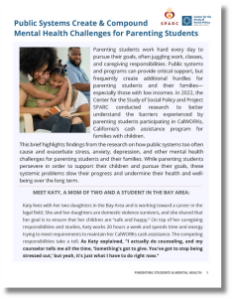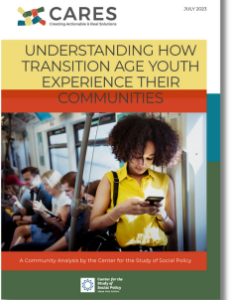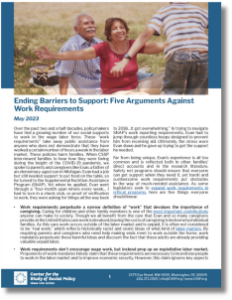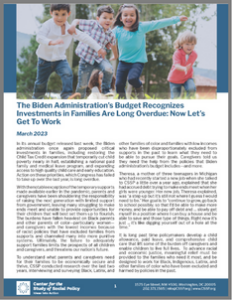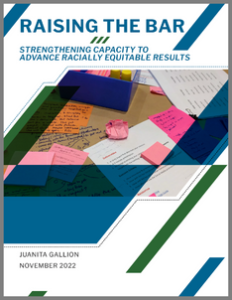Ensuring child and family well-being requires a radically different, anti-racist response of supports that center the voices of diverse children and families of color, are dignified and strengths-based, and that are offered in spaces they trust. As this brief highlights, community-based organizations across the country are striving to answer that call despite numerous barriers. This brief lifts up the voices of those community providers, with the goal of highlighting and addressing the barriers that stand in the way of all families having the support they need.
Watch the webinar here.
(19 pp)
